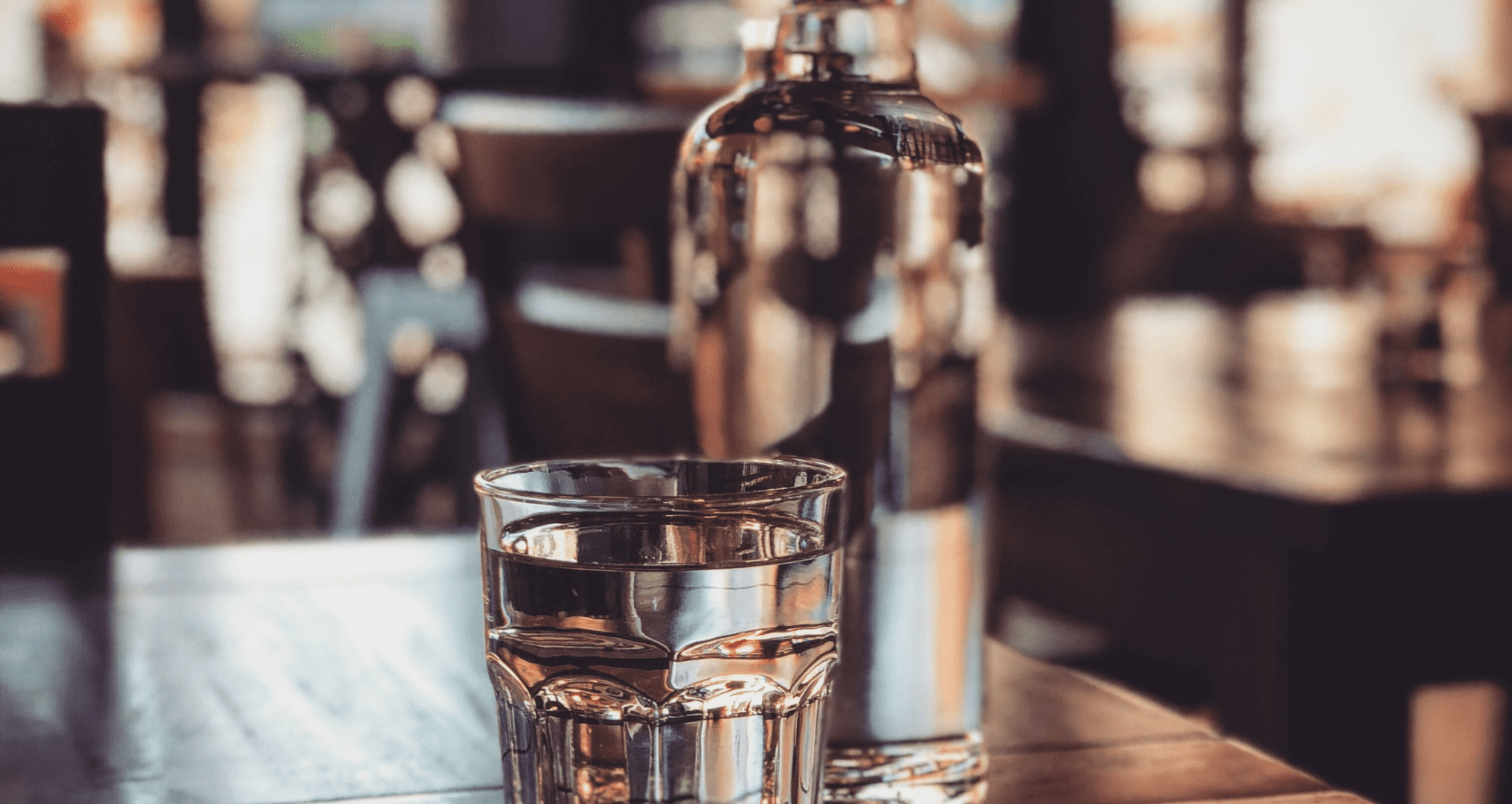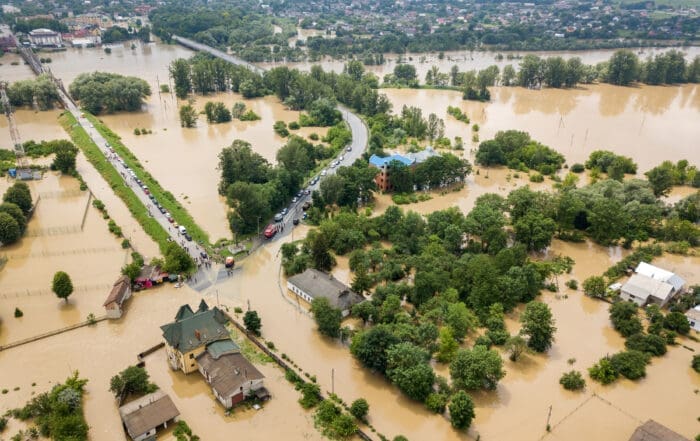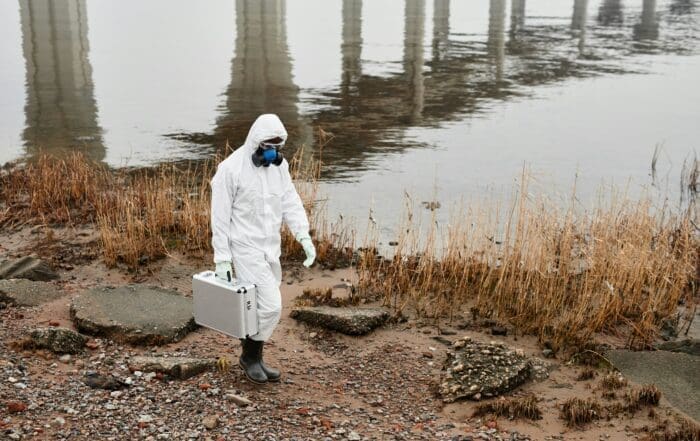
U.S. Regions Impacted by Poor Quality Drinking Water
Clean, fresh, and safe drinking water is an essential component of our daily lives, supporting our health and well-being. However, across various regions in the United States, the unsettling reality is that poor quality drinking water has become a widespread concern.
As the leading provider of bottleless water and ice coolers, Artesian Bottleless Water understands the urgency to address this critical issue. In this blog post, we explore the impact of subpar water quality on different U.S. regions and shed light on the necessity of a hydration revolution. Join us in our mission to ensure every individual has access to pristine, refreshing water and discover the transformative benefits that lie beyond a simple glass of water. Get ready to take action and quench your thirst for change!

Effects of Poor Quality Drinking Water in the U.S.
The quality of drinking water has a significant impact on public health. If you’re drinking poor quality and unsafe water, it can cause various health problems.
Health Effects of Chemical Exposure
Poor quality drinking water is a risk for everyone because it often contains toxic chemicals and bacteria. Cholera, diarrhea, dysentery, hepatitis A, typhoid, and Polio are some illnesses that can spread due to contaminated drinking water and poor sanitation. In addition to that, your tap water can have naturally occurring arsenic and fluoride that may have health implications when consumed.
Additionally, other chemicals, like lead, may also be present in higher concentrations in drinking water due to seeping from water supply components that come into contact with the water.
Numerous short- and long-term health impacts can result from chemical exposure through drinking water. High chemical exposure levels can cause skin discoloration or more severe issues, including harm to the nervous system or other organs and developmental or fertility impacts. Poor quality drinking water and contaminants can also lead to chronic illnesses like cancer or cardiac issues.
Health Effects of Drinking Water with Disease-Causing Microbes
When it comes to the quality of our drinking water, the presence of disease-causing microbes is a matter of utmost concern. Consuming water contaminated with these harmful organisms can have serious health effects on our well-being. From gastrointestinal issues and diarrhea to more severe illnesses like cholera and typhoid fever, the consequences of ingesting waterborne pathogens can be devastating.
One example of a waterborne microbe commonly found in the United States is Cryptosporidium. This microscopic parasite can be found in various water sources, including lakes, rivers, and even treated municipal water supplies. Cryptosporidium is highly resistant to chlorine disinfection, making it a persistent threat to the safety of drinking water. Ingesting water contaminated with Cryptosporidium can lead to cryptosporidiosis, a gastrointestinal illness characterized by symptoms such as watery diarrhea, stomach cramps, nausea, and fever.
It is particularly dangerous for individuals with weakened immune systems, such as those with HIV/AIDS or undergoing chemotherapy. Taking proactive measures, such as installing a reliable water filtration system, is crucial in safeguarding against the risks associated with this common waterborne microbe.
At Artesian Bottleless Water, we believe that access to clean, microbe-free drinking water is a basic right. That’s why we strive to provide bottleless water coolers equipped with advanced filtration systems, ensuring that every sip you take is free from disease-causing microbes. Say goodbye to the risks associated with contaminated water and embrace a healthier, more vibrant life with our state-of-the-art solutions.

U.S. Regions Impacted by Poor Quality Drinking Water
The United States Environmental Protection Agency (EPA) says that almost 84 million Americans get their drinking water from public systems that do not meet Federal drinking water quality standards.
According to U.S. Census Bureau, many cities or regions with inadequate water access or quality are primarily Black or Hispanic neighborhoods or those with high population growth and insufficient infrastructure. Here are the U.S. regions impacted by poor-quality drinking water:
Jackson, Mississippi
Jackson has one of the oldest water systems in the nation, prompting authorities to urge people often to boil their water for safety. Additionally, locals regularly complain about brown water, sewage leaks, and low water pressure.
In the summer, Jackson’s already deteriorating water system can experience days-long outages. This further exacerbates the problem and provides health risks to the area’s 150,000 roughly 83% Black residents.
Honolulu, Hawaii
In November 2021, jet fuel spilled from a Navy-run storage facility, polluting Honolulu residents’ water supplies and ailing hundreds of families. Along with concerns about health problems brought on by the contaminated drinking water, the Hawaii Department of Health received close to 500 complaints alleging that home tap water provided by the Navy water system smelled of petroleum.
Las Vegas, New Mexico
When Mayor Louie Trujillo announced the water crisis emergency in July 2022, the city of about 13,000 residents in New Mexico depended on reservoirs that had less than 50 days’ worth of water supply.
Since the Calf Canyon-Hermits Peak Fire, a significant amount of fire-related ash and debris has also contaminated the city’s water source in the Bradner Reservoir. According to officials, the city cannot extract useful water from it due to the enormous debris.
Baltimore, Maryland
After E. coli was found in Baltimore, authorities advised locals to boil tap water. Over 1,500 people were exposed to coli at multiple West Baltimore locales. Now, residents still carry water bottles and jugs home. At the same time, the health department continues to conduct identification of leaks and leak checks in the area without knowing how long they will be without safe water.
Benton Harbor, Michigan
The Natural Resources Defense Council petitioned the Environmental Protection Agency for neighborhood advocacy organizations and individuals, claiming that elevated lead levels have been found in the Benton Harbor water system since at least 2018.
In 2021, Gretchen Whitmer’s administration started to replace service lines that had been contaminated with lead. The Michigan Department of Health and Human Services continues to give residents bottled water for cooking, drinking, brushing their teeth, and cleaning their dishes.
Enjoy Safe and Clean Drinking Water with Artesian Bottleless Water!
Make a safe choice for your water supply by choosing Artesian Bottleless Water!
At Artesian, we prioritize your health by providing the safest and cleanest drinking water through a multi-stage filtration and purification process. Our goal is to achieve and maintain cost-effective and efficient use of water treatment technologies for all of our clients.
Contact us today to get started with your safe drinking water!
Photo Credits:
Photo by Clint McKoy on Unsplash
Photo by engin akyurt on Unsplash
Photo by Marine Sintes on Unsplash



